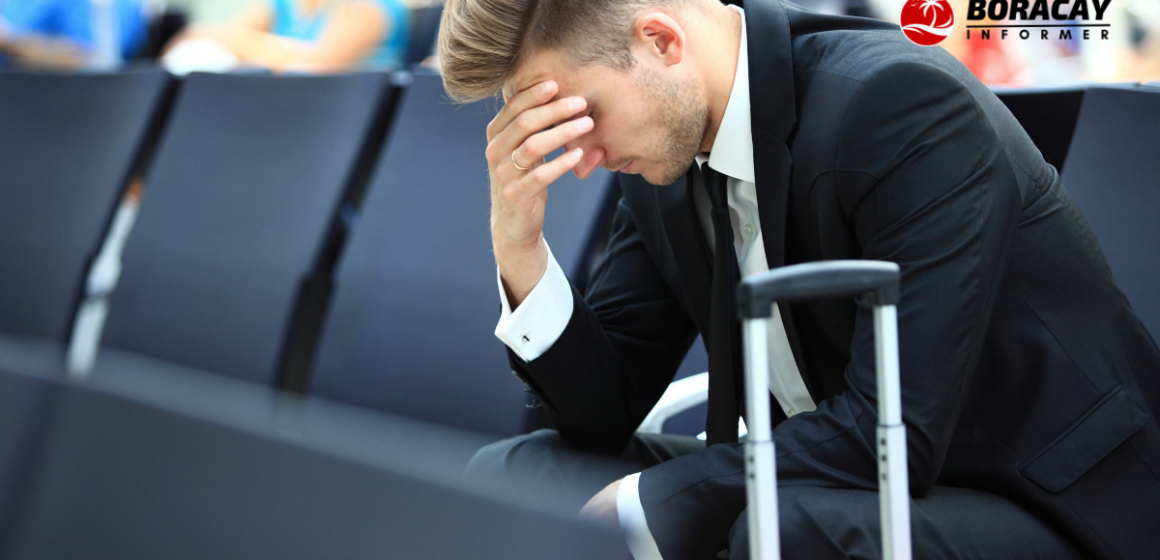For many, the thought of flying triggers anxiety, yet understanding how to combat these nerves can transform your air travel experience. The prevalence of flight-related fears affects a substantial portion of the population, but fret not—mastering techniques to ease your anxiety before and during a flight can make all the difference.
Understanding Flight Anxiety
The sensation of flight anxiety varies from person to person but often manifests as panic attacks or physical unease before or during the flight. Nervous flyers might grapple with additional phobias, compounding their discomfort. However, managing flight anxiety involves curbing catastrophic thoughts and engaging in constructive coping mechanisms.
5 Expert Tips to Combat Flight Anxiety
- Combat Fear with Understanding: Fear of flying can trick your mind into perceiving imminent danger. Educating yourself about airplane mechanics can ease nerves during takeoff and turbulence. The more you grasp about air travel, the less uncertain you’ll feel mid-flight. Exploring resources like the National Transportation Safety Board’s website can offer insights into the rarity of aviation accidents.
- Practice Breath Control: Flight anxiety can cause breathing difficulties due to erratic breathing patterns. This signals your brain, triggering the fight-or-flight response and intensifying panic. The National Health Service offers a comprehensive guide to deep breathing techniques that can help manage stress.
- Redirect Your Focus: Distractions can significantly aid in calming your mind during long flights. Engage in in-flight entertainment, read, or use noise-cancelling headphones to block ambient noise. Even a small distraction can ease nerves for a period during the flight.
- Initiate Conversation: Whether traveling solo or with companions, engaging with fellow passengers can reduce stress. If worried about safety, speaking with flight attendants can be reassuring. They often have experience calming nervous flyers and addressing concerns.
- Stay Hydrated: While tempting, alcohol and coffee can worsen anxiety and lead to dehydration due to the low humidity in airplane cabins. Drinking ample water before and during the flight can help maintain hydration and relaxation until touchdown.”
Managing flight anxiety involves implementing tailored strategies that suit individual needs. By adopting these proven techniques, you can embark on flights with increased confidence and reduced stress, ensuring a smoother journey from take-off to landing.







Leave a Reply